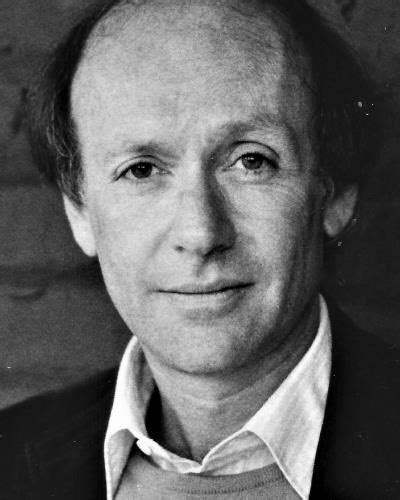A Quote by Alan Lightman
I have for a long time loved fabulist, imaginative fiction, such as the writing of Italo Calvino, Jose Saramago, Michael Bulgakov, and Salman Rushdie. I also like the magic realist writers, such as Borges and Marquez, and feel that interesting truths can be learned about our world by exploring highly distorted worlds.
Related Quotes
I always read the Latin American writers. I love so many of them: Gabriel García Márquez, José Donoso, Alejo Carpentier, Jorge Luis Borges, Clarice Lispector. I also love a lot of American experimental writers and surrealist European writers. But perhaps The Persian Book of Kings was the greatest influence - I encourage people to look at it. There is such a wealth of incredible stories.
The Anglo-American tradition is much more linear than the European tradition. If you think about writers like Borges, Calvino, Perec or Marquez, they're not bound in the same sort of way. They don't come out of the classic 19th-century novel, which is where all the problems start. 19th-century novels are fabulous and we should all read them, but we shouldn't write them.
You are about to begin reading Italo Calvino's new novel, If on a winter's night a traveler. Relax. Concentrate. Dispel every other thought. Let the world around you fade. Best to close the door; the TV is always on in the next room. Tell the others right away, "No, I don't want to watch TV!" Raise your voice -- they won't hear you otherwise -- "I'm reading! I don't want to be disturbed!" Maybe they haven't heard you, with all that racket; speak louder, yell: "I'm beginning to read Italo Calvino's new novel!" Or if you prefer, don't say anything: just hope they'll leave you alone.
It's rare that you get to read, let alone teach, an arbitrary canon of your choosing in a tight time setting, and I tore through a fairly wide range of Indian writers, some contemporary - like Arundhati Roy and Salman Rushdie - and others older, like R.K. Narayan. And I think what happened at that stage was that I was forced to take a position in my own writing style that was more fixed, as opposed to reading a book at a time and defining myself in opposition to or in awe of it.
Okay, this is Fran Lebowitz. She gave an interview once for the Paris Review about trying to write fiction and saying that fiction writers start talking about how characters are talking to them, and it's crazy, she's never had that. And I also thought, I'm never gonna be able to do this, because I didn't feel that for a really long time.
The Web is cool, but the library is magic. Where else can the spirit of generations of writers stir your soul? So many writers talk about libraries setting them on their magical paths, it's almost a groaner. But we know it's true. Wander through the stacks and you can feel the dreams, the unique worlds bubbling within each volume. The magic enters you as if by osmosis. On the Web, you may feel clever, lucky and driven to download--but rarely inspired to dream and to write.
Incidentally, I am intrigued by how many European and Latin American writers expressed their political views in the columns they routinely wrote or write in the popular press, like Saramago, Vargas Llosa, and Eco. This strikes me as one way of avoiding opinionated fiction, and allowing your imagination a broader latitude. Similarly, fiction writers from places like India and Pakistan are commonly expected to provide primers to their country's histories and present-day conflicts. But we haven't had that tradition in Anglo-America.


































